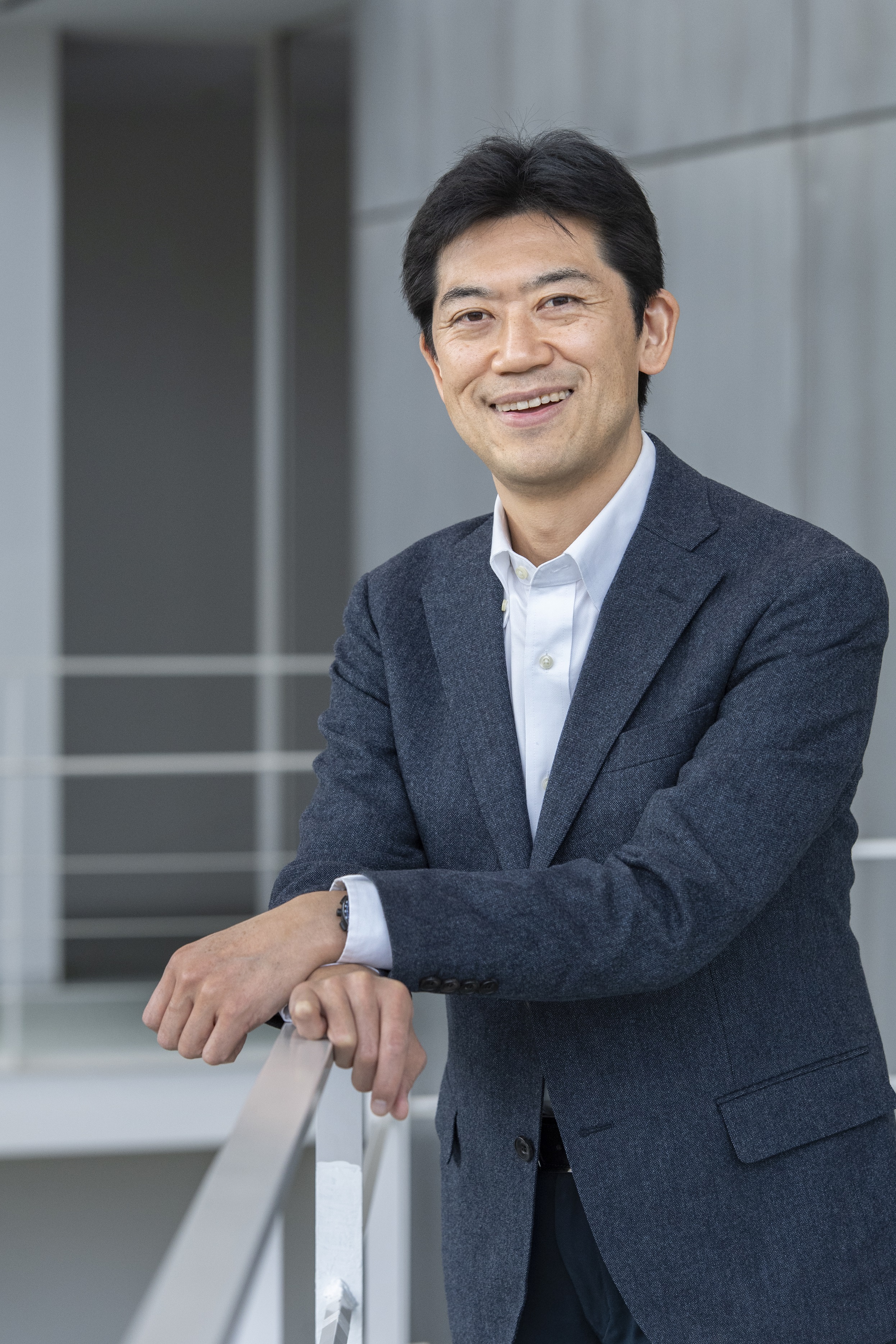Akihito Shimazu
Professor, Faculty of Policy Management, Keio University; JAPANProfessor, Faculty of Policy Management, Keio University; JAPAN
Program Officer, Research Center for Science System, Japan Society for the Promotion of Science, JAPAN
Education:Apr, 1994 - Jun, 2000
Department of Psychology, Graduate school of Literature, Waseda University, JAPAN (PhD)
Apr, 1989 - Mar, 1993
Department of Psychology, Faculty of Literature, Waseda University, JAPAN
Career Experience:Apr, 2023 - Present
Program Officer, Research Center for Science System, Japan Society for the Promotion of Science, JAPAN
Apr, 2019 – Present
Professor, Faculty of Policy Management, Keio University, JAPAN
Apr, 2017 - Mar, 2019
Professor, Center for Human and Social Sciences, College of Liberal Arts and Sciences, Kitasato University, JAPAN
Oct, 2006 - Mar, 2017
Associate Professor, Department of Mental Health, Graduate School of Medicine, The University of Tokyo, JAPAN
Apr, 2003 - Mar, 2007
Associate Professor, Department of Psychology, Graduate School of Education, Hiroshima University, JAPAN
Mar, 2005 - Mar, 2006
Guest Researcher, Department of Social and Organizational Psychology, Faculty of Social Science, Utrecht University, The Netherlands
Mar, 2001 - Apr, 2003
Lecturer, Department of Psychology, Graduate School of Education, Hiroshima University, JAPAN
Apr, 1999 - Mar, 2001
Assistant Professor, Department of Psychology, Faculty of Literature, Waseda University, JAPAN
Special Honor:Sep, 2023
Fellow, Asia Pacific Academy for Psychosocial Factors at Work
Dec, 2022
Society award, The Japanese Association of Job Stress Research
Dec, 2015
Incentive award, The Japanese Association of Job Stress Research
May, 2014
Incentive award, Japan Society for Occupational Health
Jul, 2012
Shima Satoru Award, Japanese Society for Occupational Mental Health
May, 2011
Excellent Presentation Award at the 84th annual conference of Japan Society for Occupational Health, Japan Society for Occupational Health
May, 2011
International incentive Award, Japanese Psychological Association
Mar, 2007
The 8th Araki Prize, Japanese Society of Behavioral Medicine
Speaking Topics
Positive mental health in the workplace: From a perspective of work engagement
Since the beginning of this century, increased attention is paid to what has been coined positive psychology: the scientific study of human strengths and optimal functioning. This recent trend to concentrate on strengths and optimal functioning also aroused attention in organizational psychology. One of these positive states is work engagement.
Work engagement is assumed to be negatively related to burnout. While burnout is usually defined as a syndrome of exhaustion, cynicism, and reduced professional efficacy, engagement is defined as a positive, fulfilling, work-related state of mind that is characterized by vigor, dedication, and absorption. Engaged employees have a sense of energetic and effective connection with their work activities. Work engagement is a unique concept that is best predicted by job resources (e.g., autonomy, supervisory coaching, and performance feedback) and personal resources (e.g., optimism, self-efficacy, and self-esteem) and is predictive of psychological/physical health, proactive organizational behavior, and job performance.
In my presentation, I will start with background of why ‘positive’ mental health in the workplace is getting important. Then, I will introduce the concept and measurement of work engagement, followed by an updated review of empirical findings especially on the relation with health outcomes and performance. Finally, I will refer to organization- and individual-focused approaches to improve work engagement and close with future directions of research and practice.

